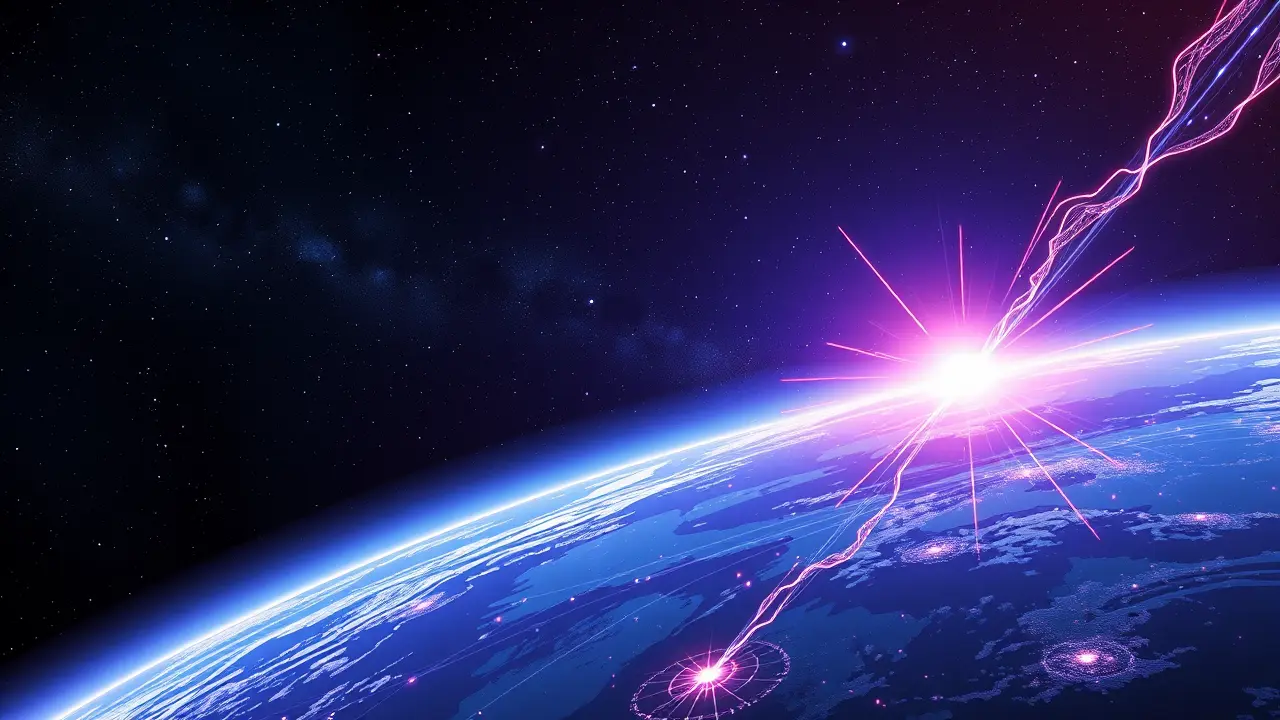Physicists Predict When the Big Crunch Will End Universe
For decades, the prevailing cosmological model has been one of perpetual, lonely expansion—a universe cooling into an eternal, dark silence, a concept as chilling in its finality as it is scientifically elegant. But recent research from an international consortium of physicists is fundamentally challenging this cosmic destiny, proposing a far more dramatic and cyclical finale that echoes the universe's violent birth.This isn't merely a theoretical tweak; it's a paradigm shift suggesting the cosmos is building toward a definitive 'Big Crunch,' a cataclysmic reversal where the very fabric of spacetime, after eons of outward flight, begins to relentlessly contract. Imagine the entire cosmic drama—every galaxy, every star, every particle of matter forged in the primordial furnace—hurtling back toward a single, unimaginably dense point, a mirror image of the Big Bang that theoretically started it all.The implications are staggering, forcing us to reconsider not just the universe's end but its very nature. This research delves into the subtle behavior of dark energy, that mysterious force driving acceleration, proposing scenarios where its repulsive properties could decay or reverse, acting as a cosmic brake.Think of it like Elon Musk's vision for a Starship landing; after the explosive ascent, a controlled, fiery return. Here, the 'controlled' part is up for debate, as the collapse would generate temperatures and pressures that would unravel atomic nuclei themselves, a final, universal conflagration.The timeline proposed is almost incomprehensibly vast, placing this event trillions of years in the future, yet its theoretical possibility reframes our existence from a one-off event in a dying cosmos to a potential cycle in an eternal cosmic rhythm, a universe that breathes in and out across eons. This isn't just physics; it's the ultimate story of origins and endings, and we are privileged to live in the brief, temperate moment where we can even begin to comprehend it.
It’s quiet here...Start the conversation by leaving the first comment.
© 2025 Outpoll Service LTD. All rights reserved.
